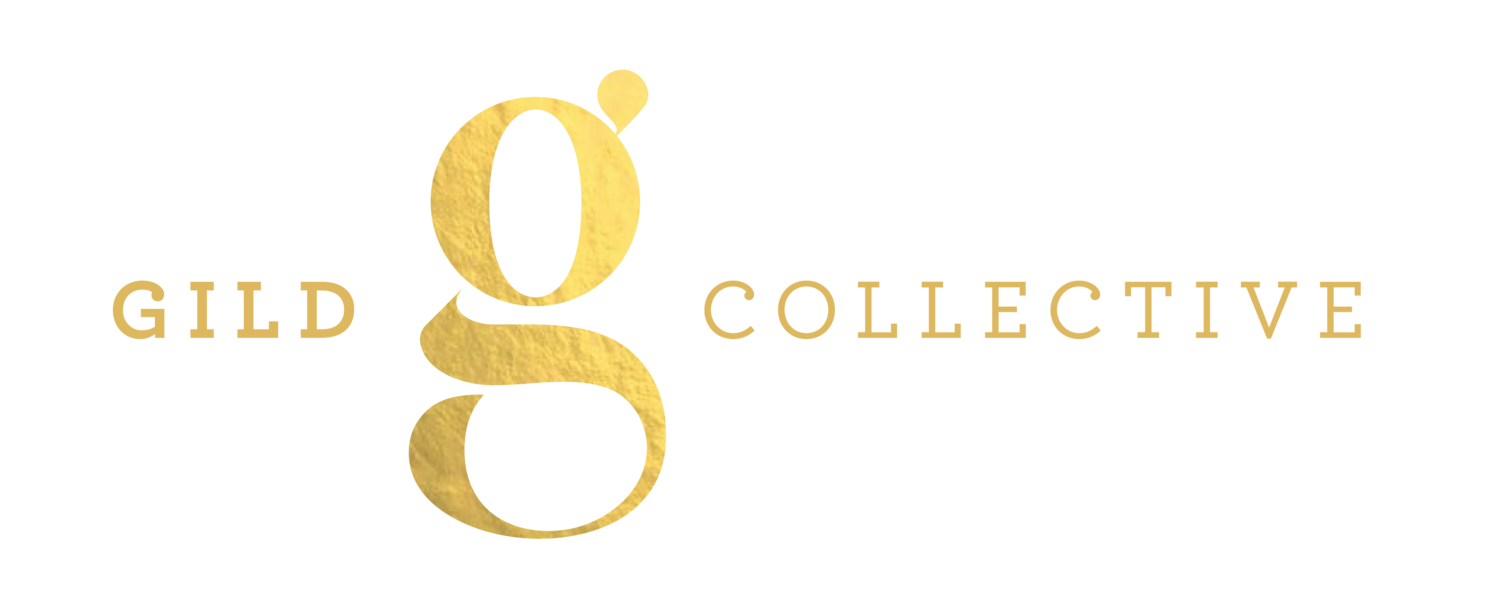Photo by Jason Leung on Unsplash
Many of us thought of 2021 as a new beginning. While most were not so naive as to assume that the grief of 2020 would fade at midnight on December 31, we allowed ourselves to feel hopeful that 2021 would bring significant, positive changes – vaccines, hugs with loved ones, and even more economic stability. I felt these hopes myself.
I now realize, yet again, how privileged I am as a white person in the United States. As I looked toward the new year, I did not need to hope for increased safety for my family because of our heritage or skin color. I did not need to hope that my peers, the media, or even my colleagues would recognize me as a valuable member of their community culture. I did not need to hope for people I love to fight on my behalf against racism and xenophobia. I did not need to hope for healing after strangers, and even the president, attributed a devastating pandemic to my ancestral nation (or the nation that others blindly assume I have).
I did not need to hope for any of these things – because I am white. Asian Americans in this country did.
Discrimination against Asian American and Pacific Islander (AAPI) people is not new. Some of the most atrocious and shameful acts by our government in the United States have been against members of these communities. Like so many atrocities perpetuated by our white government, this history is hardly touched on in schools or acknowledged in our communities. It is barely remembered or known.
One of the most significant outcomes from the COVID-19 pandemic – the increase in harassment, discrimination, and violence against Asian Americans – has not faded as we move further into 2021. In fact, just last week, the country watched as eight people were murdered in Atlanta, Georgia, six of which were women of Asian descent. We then watched as Captain Jay Baker of the Cherokee County Sheriff’s Office attributed these murders to the shooter “having a bad day.”
White people, and the United States as a whole, have a longstanding and despicable history of dismissing white violence against Asians and quickly letting it fade into cultural irrelevance. And while the new year did not bring a respite from violence and discrimination against AAPI people, it did bring the opportunity for us all to grow as allies, advocates, and anti-racist activists for AAPI communities everywhere. It did present us with the opportunity to keep our eyes open. To truly see these horrific acts for what they are – discrimination, prejudice, and hate crimes.
To turn our outrage into action.
In our Fostering Ally Culture training, we coach organizations to follow a three-step process to becoming an ally for others – Ask, Model, Advocate. The “Ask” phase is dedicated to gathering data on the experiences of marginalized groups. With those learnings, individuals can “Model” allyship behaviors in their daily actions, which builds the credibility needed to begin true “Advocacy” work.
We have some guidance on steps that you can take in your personal journey toward allyship for AAPI communities in your workplace:
ASK: Learn what you do not know about the experience of AAPI people in this country. For most of us, that is a great deal. Remember, you alone are responsible for doing this work. No one is obligated to teach you. The Asian Americans Advancing Justice affiliation has been documenting hate crimes and hate incidents since 2017 on this incredibly powerful website. I recommend starting there. Then work your way backwards.
MODEL: Modeling ally behavior is a powerful tool for building cultural support in your workplace. Holding space for AAPI individuals to feel the trauma and grief that comes with these public displays of violence and xenophobia may mean offering to listen, help with key tasks or deliverables, or simply telling them you are sorry for what they must be feeling (even if you know you cannot understand how they feel.)
ADVOCATE: This free training on Bystander Intervention to stop anti-Asian/American and xenophobic harassment is an incredible resource presented by Asian Americans Advancing Justice (AAJC). Join me on April 7 in learning more on advocacy and intervention for these communities. Better yet, invite your colleagues to join you. For information on supporting AAPI women in the workplace specifically, we recommend The Center for Asian Pacific American Women.
It is only through opening our eyes, and keeping them open, to the experiences of Asians in this country that we can begin to work toward future change. This work belongs in all of us as individuals, in our workplaces, and in our communities.

